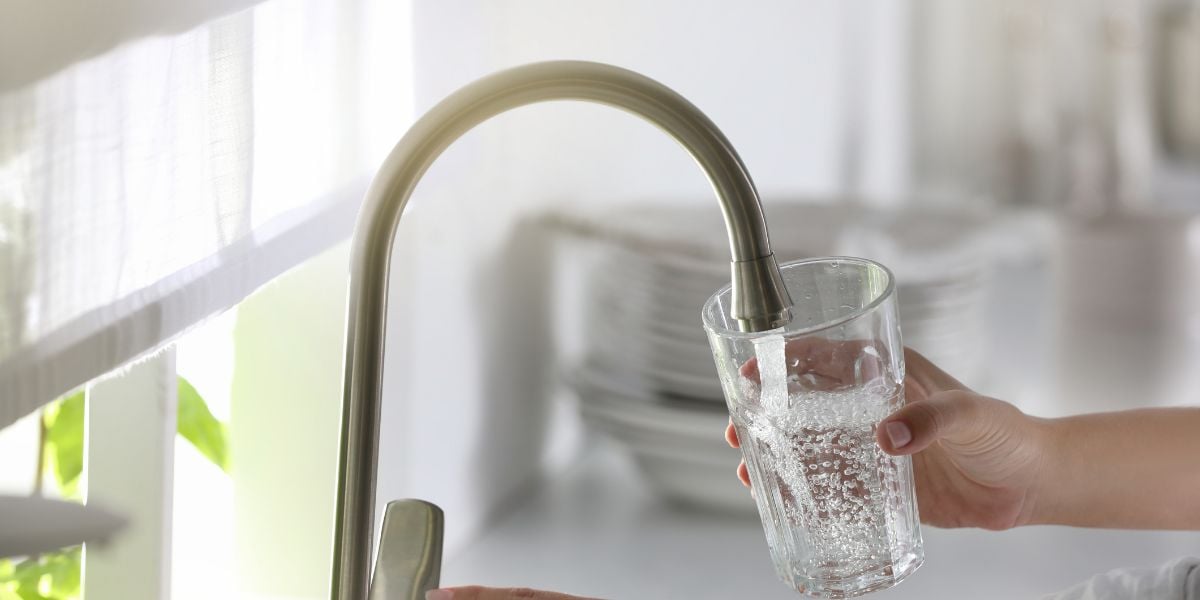- Drinking 2 litres of water a day could be a myth, according to new research.
- Researchers say drinking eight glasses of water a day may be too much.
- Analysis uncovers widely varying hydration levels with age, weight and location.
Drinking 2 litres of water to stay hydrated may be a myth, according to researchers at University of Aberdeen.
The recommended daily consumption of 8 glasses of water, or 2 litres, has been based on studies of small groups of individuals, but experts from around the world have recently partnered to monitor water turnover.
Researchers aimed to sheds light on factors that can impact human water intake.
The research involved almost 5,600 adults aged 8 to 96 from 23 different nations.
- Swimming in cold water reduces risk of type 2 diabetes among males, study finds
- Drinking coffee increases lifespan and prevents heart disease
Scientists studied the participants’ water turnover, total intake, and water loss movement, which is strongly connected to water intake.
The NHS Eatwell guide states that you should be drinking around 6-8 cups or glasses of water per day and the British Dietetics Association have suggested you should be aiming for around 1.5-2 litres of water.
Participants took part in the study by drinking a glass of water with some of the hydrogen molecules replaced by a stable isotope of the element deuterium, which occurs naturally in the human body and is perfectly innocuous.
Those who live in hot, humid settings or at high elevations, as well as athletes, pregnant and nursing mothers, require more water, according to study.
The largest component in water turnover is energy expenditure, with the highest values recorded in men aged 20-35, who turned over an average of 4.2 litres per day.
Water turnover reduced with age, with men in their 90s averaging 2.5 litres per day.
Women aged 20-40 had an average turnover of 3.3 litres, which fell to 2.5 litres by the age of 90.
According to Professor John Speakman of the University of Aberdeen, “water turnover is not equivalent to the demand for drinking water”.
The study was published in the journal Science.




